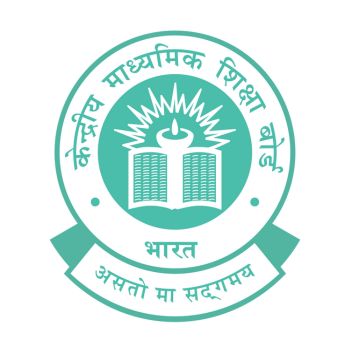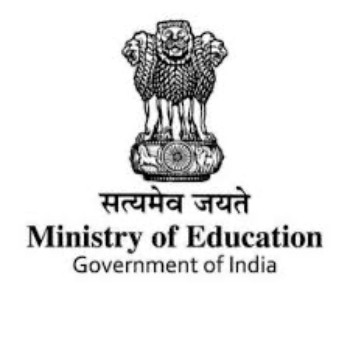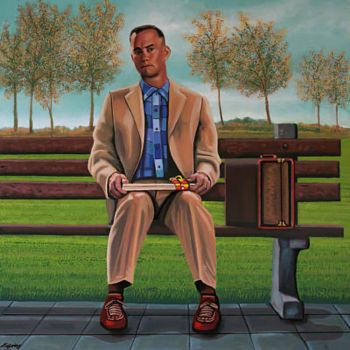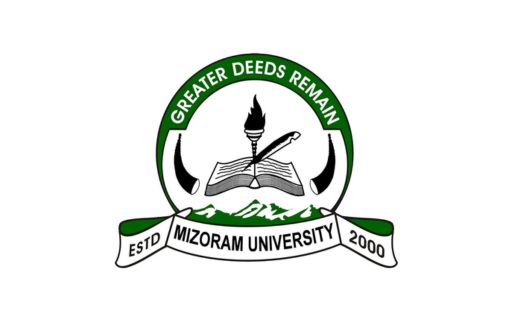Ayush Chandel, a class 8 student at Rishi Public School Nalag, Himachal Pradesh, wrote an essay on the topic “Famous Indian Leaders: Who Inspires Me the Most?” and won ninth place in the Essay Writing Competition organized by NoticeBard.
India’s rich history is adorned with the exemplary leadership of individuals who played pivotal roles in shaping the nation’s destiny. From Mahatma Gandhi’s philosophy of non-violence to Jawaharlal Nehru’s vision for a modern India, and from the fearless spirit of Subhas Chandra Bose to the pragmatic approach of Sardar Patel – each leader has left an indelible mark. As I reflect on their lives and legacies, it becomes a challenging yet fulfilling task to identify the one who inspires me the most.
Mahatma Gandhi, often hailed as the “Father of the Nation,” stands as a towering figure in India’s struggle for independence. His commitment to non-violence, truth, and civil disobedience not only led the nation to freedom but also became a beacon for countless movements worldwide. Gandhi’s humility, simplicity, and unwavering determination resonate with me. His ability to lead with moral authority rather than coercive power is a timeless lesson in effective leadership.
Jawaharlal Nehru, India’s first Prime Minister, left an indelible mark on the country’s socio-economic and political landscape. His vision for a secular, democratic, and industrialized India laid the foundation for the nation’s growth. Nehru’s commitment to education, science, and nation-building is commendable. His eloquence and statesmanship in articulating India’s position on the global stage showcase leadership that transcends national boundaries.
Subhas Chandra Bose, a charismatic and daring leader, took a different path in his pursuit of independence. His unwavering determination to free India from British rule led him to form the Indian National Army (INA). Bose’s audacious spirit and belief in the motto “Give me blood, and I will give you freedom” embody a fearless pursuit of one’s convictions. His ability to mobilize and inspire people, even in challenging circumstances, is a testament to his leadership prowess.
Sardar Patel, the “Iron Man of India,” played a crucial role in integrating the princely states into the Indian Union after independence. His pragmatic approach and political acumen ensured the territorial integrity of the nation. Patel’s leadership during the partition and his commitment to unity inspire me. In a diverse and complex country like India, his ability to forge unity amidst diversity is a valuable lesson for leaders in any context.
Maulana Abdul Kalam Azad, an intellectual giant and a prominent freedom fighter, made significant contributions to India’s education system and played a key role in shaping the country’s cultural identity. Azad’s commitment to secularism and his emphasis on the importance of education in nation-building resonate with me. His multifaceted leadership, combining intellectual prowess with political activism, serves as a reminder of the diverse skills required for effective leadership.
Gopalbandhu Das, a prominent political figure and social reformer, focused on addressing social issues and uplifting the marginalized sections of society. His dedication to social justice and equality is inspiring. Das’s emphasis on inclusive development and his tireless efforts towards societal betterment serve as a reminder that leadership extends beyond political spheres into the realms of social reform.
In conclusion, each of these leaders – Mahatma Gandhi, Jawaharlal Nehru, Subhas Chandra Bose, Sardar Patel, Maulana Abdul Kalam Azad, and Gopalbandhu Das – brings unique qualities to the tapestry of Indian leadership. While it is challenging to single out one as the most inspiring, I find resonance in the principles of Mahatma Gandhi. His philosophy of non-violence, simplicity, and moral authority continues to guide and inspire me on my journey. However, the collective legacy of these leaders serves as a timeless source of motivation for individuals aspiring to make a positive impact on the world.










